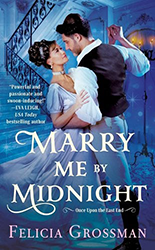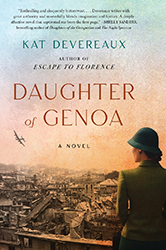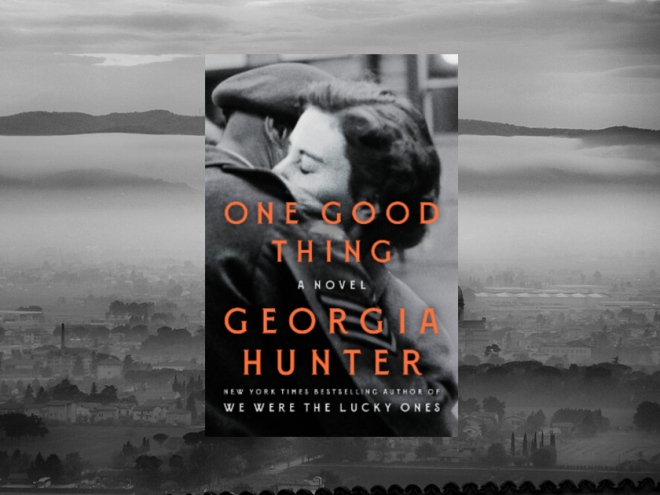In her second novel, The Winter Orphans, author Kristin Beck elegantly shines a light on the little-known women in WWII who hid one hundred Jewish orphans, sometimes illegally shuttling them to safety through the Swiss Alps and Pyrenees Mountains. Heavily researched yet accessible, and inspired in no small part by Walter Reade’s Children of La Hille: Eluding Nazi Capture during World War II, this captivating book follows three main characters, two of whom are based on real people.
Charmless and lacking the ability to read people, Rӧsli Nӓf, the experienced directrice of the Chateau de la Hille orphanage run by the Red Cross in Southern France, has an unwavering conviction that she must save the Jewish children in her care from their fate under the Vichy government. Beck demonstrates that Rӧsli’s flaws — her unsentimental penchant for order, stubborn nature, and matter-of-fact demeanor — are also some of her greatest strengths. Then there is the younger and sometimes impulsive Ann-Marie Piguet, who grew up in the Swiss forests and who, like Rӧsli, possesses a strong desire to do the right thing in the face of evil. Beck writes about these women unapologetically, demonstrating their strength and courage even and especially in moments of challenge.
The teenage Ella Rosenthal, meanwhile, is not based on a particular Jewish orphan but is rather a fictionalized composite of the many children who, after Kristalnacht in November of 1938, were transported from Germany and Austria through Belgium and eventually to Chateau de la Hille. Beck’s Ella chapters focus on the character’s choice — whether she should attempt a dangerous escape or remain at Chateau de la Hille with her much younger sister, whom their parents entrusted to her care prior to being murdered.
The Winter Orphans is more hopeful than most Holocaust literature. This is due in part to the unlikely and remarkable success of the true Chateau de la Hille story, which has workers hiding teenagers in a secret chamber (Zweibelkeller, or “onion cellar”) and coordinating daring escapes to safer Swiss and Spanish territory. Yet hope also emerges from the romance that develops between Ella and Isaak, another teenage orphan. Their relationship helps Ella dream again after the trauma of losing her family and former life; for despite the constant terror and uncertainty, Ella and Isaak support each other, promising stability as they dare to consider a future together. While one ought to be wary of romanticizing the Holocaust and the experiences of survivors, the theme of hopefulness in Beck’s novelcould, and perhaps should, provoke readers to consider the role of hope in their own lives.
A moving and thoughtful work of historical fiction, The Winter Orphans leaps to showcase women’s roles in the war and resistance. Beck deserves high praise for telling the orphans’ story, and for painting heroic yet obscured women in vivid color.
Lindsey Bodner is a writer and an education foundation director. She lives in Manhattan with her family.





